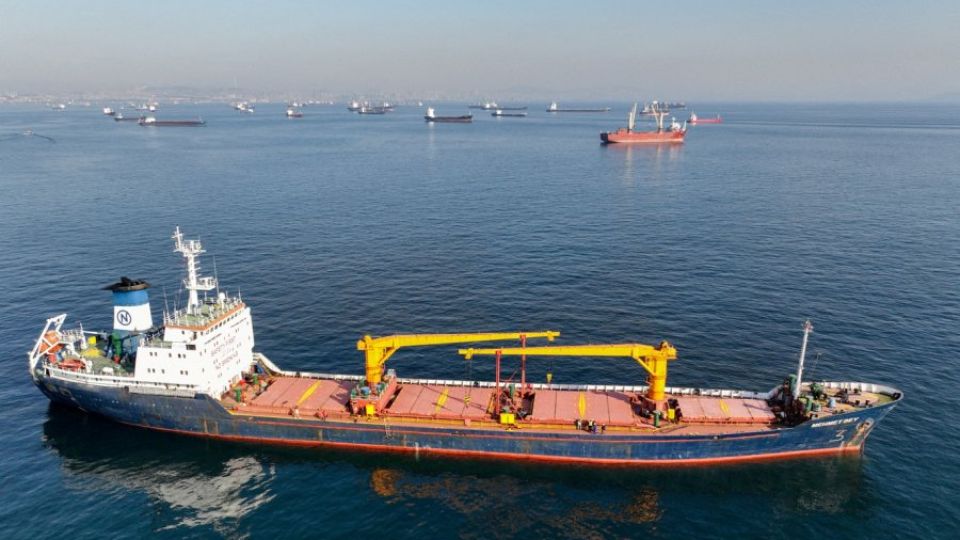July 21, 2023
JAKARTA – The government’s ban on the export of certain raw minerals has fueled demand for domestic shipping between mines and processing facilities, creating new opportunities for local companies, industry players say.
Faty Khusumo, deputy chair of the Indonesian National Shipowners’ Association (INSA), said on Thursday that local shipping firms had seen an increase in orders to carry ore between the country’s islands as a result of the government’s push to develop a downstream mineral processing industry.
“Downstreaming has developed new shipping demand from one region to another within Indonesia,” Faty told reporters after a press briefing in Jakarta.
When asked about the demand for shipping higher-value mineral products out of the country, she said companies had yet to see an increase in orders.
The government has prohibited the export of nickel ore since 2020 to cultivate a domestic processing industry for the commodity.
In June of this year, it added bauxite, the ore from which aluminum is commercially extracted, to the list of minerals banned for export, again to encourage the development of a downstream industry. Other minerals such as copper, gold and tin are expected to follow.
Read also: RI, EU gear up for trade clash
Faty said she was confident that Indonesia’s shipping and logistics sector would benefit from the strong domestic demand and what she said was improved connectivity between ports.
The global shipping market, however, has seen prolonged turbulence amid a series of shocks to international commerce.
Statista’s global container freight rate index was down more than 78 percent year on year (yoy) in June as a result of continued weak global demand.
“As long as Indonesia’s economic growth continues to go well, it will result in healthy domestic transportation growth as well,” Faty said, adding that domestic shipping demand could make up for global sluggishness.
Despite assertions that connectivity between Indonesia’s ports has improved over the past years, the country fell 15 places on the World Bank’s 2023 Logistics Performance Index (LPI) to 61st of the 139 countries assessed, compared to its ranking five years ago.
With a score of three out of five on many of the six main indicators, Indonesia trails behind other emerging economies in Southeast Asia.
Business representatives, however, maintain that the country’s logistics system has improved significantly in recent years.
Read also: Association defends RI after drop in World Bank logistics ranking
Akbar Djohan, head of the logistics and supply chain agency of the Indonesian Chamber of Commerce and Industry (Kadin) said on Thursday that the United Nations Conference on Trade and Development (UNCTAD) had ranked Indonesia’s port performance as one of the top 20 in the world.
He claimed some of the LPI indicators were unsuited to a large archipelagic nation and resulted in a skewed picture of Indonesia’s logistics situation.
“We can’t compare our international shipping to Singapore because Indonesia is a final destination. Meanwhile, Singapore is categorized as transshipment location,” he told the reporters on Thursday.
Coordinating Maritime Affairs and Investment Minister Luhut Binsar Pandjaitan questioned the World Bank’s assessment on Tuesday and said he planned to invite the institution to explain its claims.
“Where [is Indonesia weak]? Tell me. We need transparency,” Luhut said, as quoted by CNBC Indonesia.


